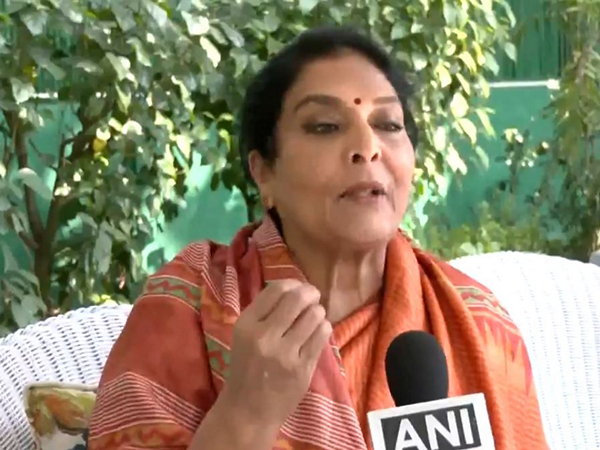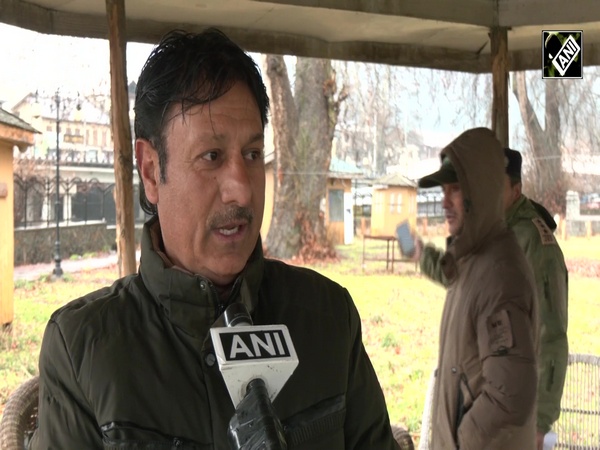UAE: ADAFSA pledges continued support for Emirati honey bee development
May 20, 2024

Abu Dhabi [UAE], May 20 (ANI/WAM): The Abu Dhabi Agriculture and Food Safety Authority (ADAFSA) has reaffirmed its commitment to supporting Emirati beekeepers by providing high-quality queen bees of the local Emirati honey bee breed.
The announcement coincides with the celebration of World Bee Day on May 20 each year.
Last March, ADAFSA bred and produced 2,693 queen bees from the ninth generation of Emirati honey bee queens. These efforts are part of the authority's ongoing commitment to developing the Emirati honey bee breed, producing high-quality honey, and reducing dependence on imported bee colonies.
ADAFSA has continued its distribution efforts, providing 2,283 ninth-generation queens to local beekeepers, and breeding activities are ongoing. The target is to produce 3,000 queens during the spring breeding season (March to mid-May 2024) and an additional 2,300 queens during the autumn breeding season (October to mid-November 2024). This will result in a total production of 5,300 queens from the ninth generation of Emirati honey bee queens.
The authority indicated that 13,217 queens from eight generations of Emirati honey bees were produced from 2016 to 2023, of which 10,703 queens were distributed to beekeepers across the country.
To promote local honey globally, the authority organised the Al Wathba Honey Festival in Abu Dhabi from 26th January to 8th February 2024. Held in conjunction with the Sheikh Mansour bin Zayed Agricultural Excellence Award, the festival was attended by 60 beekeepers and companies involved in honey production. It included various honey competitions and valuable prizes for participants.
ADAFSA also conducted scientific workshops and seminars on beekeeping and honey production. Topics covered included preparing honey samples for local and international competitions, the quality and importance of local propolis, best practices in rearing Emirati honey bee queens, and interactive sessions with beekeepers to discuss challenges in the sector and potential solutions.
The authority also published a scientific book entitled "Bees and Beekeeping in the UAE." This marks the first publication in the UAE to focus on all aspects of bees, honey bees, and beekeeping in the country, including wild and managed bee species.
Key topics covered in the book include sustainable beekeeping practices, managing hives in hot and arid environments, and identifying and addressing major pests and diseases. Special attention is given to the wild dwarf honey bee (Apis florea), a prevalent species in the UAE.
ADAFSA has also developed a special booklet on beekeeping and honey production for children, which aims to teach them how honey is made, and the terminology associated with bees and beehives.
This year, the authority issued a brochure on bee-eaters which feed mainly on bees, making it one of the most significant threats to bee populations, explaining the most effective prevention methods to reduce the impact of bee-eaters on bees. The bee-eater is one of the migratory bird species whose hunting or killing is prohibited by law.
The authority has ambitious projects in the pipeline, including a project to monitor pests and diseases affecting honey bee colonies in the country. The authority aims to develop a management programme to safeguard honey bee populations and ensure the sustainability of beekeeping in the UAE. The final results of this project are expected by the first quarter of 2025. (ANI/WAM)




















